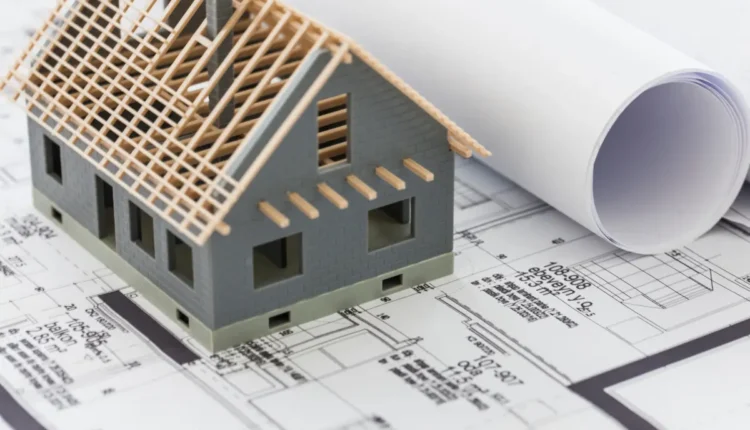Biden Mgmt to Convert Empty Offices into Affordable Homes
Bridging the Gap: Biden's Office-to-Housing Conversion Initiative
The Biden administration has unveiled a multi-agency initiative that aims to address two pressing challenges simultaneously: the national shortage of affordable housing and the surplus of vacant office buildings left in the wake of the COVID-19 pandemic.
This groundbreaking effort involves the collaboration of the Departments of Housing and Urban Development (HUD) and Transportation, along with the General Services Administration (GSA) and the Office of Management and Budget (OMB).
Biden Modifications
“This presents an area of opportunity to both increase housing supply while revitalizing main streets. It’s a win-win,” said Lael Brainard, director of the National Economic Council. “We’re utilizing resources from across the Biden government.”
Under this comprehensive plan by the Biden administration, several measures are designed to encourage the creation of new affordable housing units, especially near transportation hubs like bus terminals and subway stations.
Secretary of Transportation Pete Buttigieg emphasized the intention to make the most of this unique opportunity. “Our aim is to add more housing near transit in ways that not only reduce the cost of housing but also reduce the cost of transportation,” he stated.
One of the key elements of this initiative is the allocation of “over $35 billion in lending capacity” to provide below-market rate loans for financing new housing construction and office conversions near transportation hubs.
The Transportation Infrastructure Finance and Innovation Act and Railroad Rehabilitation & Improvement Financing will be the vehicles through which states and municipalities can access this funding.
Furthermore, the Department of Transportation and the Biden administration are streamlining the process for transit agencies to transfer unused properties or buildings to local governments or nonprofit organizations for conversion into affordable housing.
This extends to underutilized spaces like storage facilities, which could also be offered to private developers at below-market prices, provided they commit to including a negotiated percentage of affordable housing units.
The GSA, in partnership with the OMB, is set to identify surplus federal properties that can be transformed into affordable housing units, adding more momentum to the initiative.
To facilitate these conversions, the Biden White House is releasing a Commercial to Residential Federal Resources Guidebook, outlining over 20 federal programs across six federal agencies that developers can leverage. These programs encompass low-interest loans, loan guarantees, grants, and tax incentives.
The pandemic has significantly altered the way Americans live and work, with many businesses adopting hybrid work models. As a result, numerous downtown business districts now grapple with half-empty buildings, and city governments face dwindling tax revenue.
“office conversions into housing” have been increasingly embraced by multiple municipal governments, which offer tax incentives to developers to subsidize the often prohibitive costs of such conversions. This trend is expected to persist even beyond the pandemic, as businesses wait for long-term leases to expire before significantly reducing the amount of office space they occupy.
Deputy HUD Secretary Adrianne Todman emphasized that these initiatives are designed to “really supercharge” the office-to-housing conversion efforts across the nation.
Also Read : H-1B visa rules: Indian tech workers are anxious about the proposed

